The Raw Matters Ambassadors at Schools (RM@Schools) consortium wants to elaborate a strategic planning of dissemination capacity and methodology to improve the image of science & technology in schools for students of 10-19 yrs explaining the value of raw materials while promoting new professional careers in this sector. The best practice examples will be used for two educational approaches, one targeting school students in the age of 10 to 13 yrs, the other one for 14-19 yrs students.
An active learning will be proposed to schools by involving students in experiments with RM-related hands-on educational kits. 14-19 yrs students will be also involved in the dissemination of science by using both their native and the English language to became RM Ambassadors themselves (peer to peer education).
The Consortium started in 2016 with 6 partners from Italy, Netherlands, Belgium, Germany, Spain, and Hungary, and became 8 in 2017: one more from Germany and another from Austria. In 2017 the project runs under the umbrella of the Raw Materials Accademy.
In 2018 RM@Schools 3.0 became the Flagship project in the Wider Society Learning segment of the EIT Raw Materials and the Consortium welcomed more partners from Italy, Germany, France, Portugal, Estonia, Sweden, Slovenia and Finland.
Nowadays, 21 partners from 13 European countries participate to RM@Schools 3.0 European project, and 9 more partners from RM@Schools-ESEE contribute to widen the consortium. In 2018 RM@Schools started also in some Eastern European countries (RM@Schools-ESEE): Poland, Greece, Slovakia, Croatia, Bosnia & Hercegovina, and Switzerland.
Moreover, connections were established with other European projects, which take advantage of the educational method developed by RM@Schools.
The RM@Schools + RM@Schools-ESEE consortium comprises 30 Scientific Organization from 19 European Countries with complementary expertise in the field of Raw Matters and education. The consortium will activate cooperative processes between the three sides of the knowledge triangle: research, education, and business.
RM@Schools consortium will propose Educational Raw Material hands-on toolkits (experimental) and dissemination tools to be used during schools visits and actively involve the students. The toolkits focus on scientific and technological Raw Meterial issues and are designed for students from 10 to 19 years old.
The members of the RM@Schools consortium have already carried out educational projects on science and technology in their own countries with students in the age of 10 to 19. A network of research institutes, museums and/or companies will cooperate to create successful activities for secondary schools.
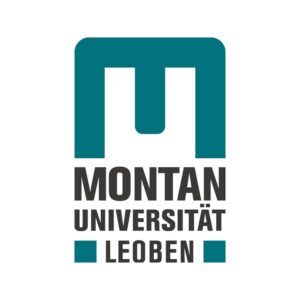
Franz Josef Strasse 18 – 8700 Leoben
Montanuniversität Leoben was founded in 1840 and soon after became a famous centre of expertise in mining and metallurgy in the Alpine region. Today it is the leading university in Europe for Advanced Resources, Smart Materials and Sustainable Processes. The key themes worked on are energy efficiency, climate neutrality, sustainability, zero waste and circular design.
Visit Website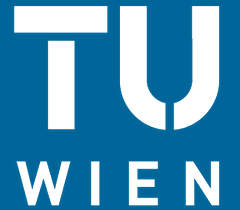
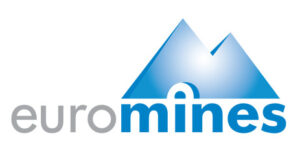
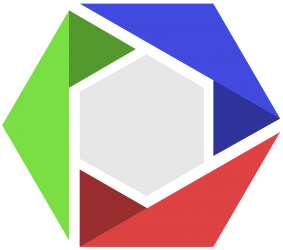
Allée de la Découverte 9 – 4000 Liège
Réjouisciences is the dissemination unit of science and technology of The University of Liège (ULiège) since 2001. Réjouisciences supports researchers in their communication with the society at large (teachers, school groups, families, informed public, etc.) and organises exhibitions, conferences, tours, “science café”, contests, trainings, practical works, stimulating activities or support for school projects, publications, etc. The GeMMe group of the University of Liege is dedicated to education and research on the RMtopic, especially on the characterisation and the development of processes to recover materials from minerals and wastes.
Visit Website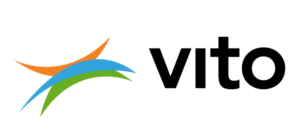

Bulevar vojvode Petra Bojovica 1A – 78000 Banja Luka, Republic of Srpska
Visit Website
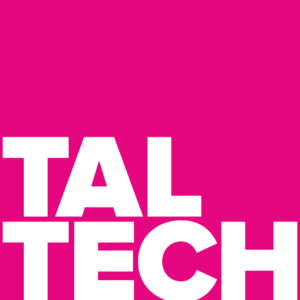
Ehitajate tee 5 – 12616 Tallinn
Tallinn University of Technology (TalTech), the only technological university in Estonia, is the flagship of Estonian engineering and technology education. TalTech is the leading engineering R&D institution in Estonia. The mission of TalTech is to support Estonia’s sustainable development through R&D and science-based higher education in the field of engineering, technology, natural and social sciences. Here the synergy between different fields (technological, natural, exact, economic and health sciences) is created.
Visit Website
Otakaari 1 – 02150 Espoo
Aalto University is a multidisciplinary community of bold thinkers, where science and art meet technology and business. We are committed to identifying and solving grand societal challenges and building an innovative future. Aalto University specialises in science, art, technology and business. We have improved markedly in rankings specific to these fields, and place high in well-known ranking lists.
Visit Website
Wiener Straße 12 – 28359 Bremen
Fraunhofer IFAM is one of the leading independent research organizations in Europe in the fields of Shaping and Functional Materials and Adhesive Bonding Technology and Surfaces. The focus of all the R&D activities is to provide customers with effective, application oriented solutions. Lightweight design at Fraunhofer IFAM is particularly concerned with fiber reinforced plastics containing glass, carbon, and natural fibers. The expertise ranges from resin development, design, component manufacture, and surface modification to automated assembly as well as joining technologies. Quality assurance is an absolute must in all phases – namely during the manufacture, assembly, and repair of FRP components. This is aided by Fraunhofer IFAM‘s comprehensive range of training courses. The training courses are a means of technology transfer, whereby technological findings and methods are passed on to industry. Since 2008, the Fraunhofer IFAM has been offering several, still ongoing programs to attract teenagers to STEM subjects, to foster their interest and/or to train them in this field or to motivate them to choose STEM subjects in academic education.
Visit Website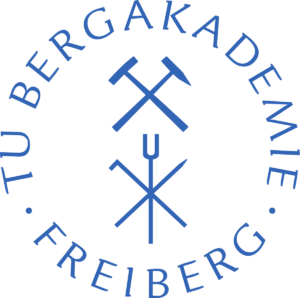

Dennewartstraße 27 – 52068 Aachen
The Cybernetic Lab IMA/ZLW at RTWH Aachen University contributes to the methodologies of delivering the information through workshops, summer schools,labs, games, etc. This interdisciplinary institute is expert in education 4.0 processes and hosts teaching simulators as the virtual theatre as well as immersivemobile devices such as Oculus Rifts and Hololenses. Virtual education environments and processes are researched in a variety of empirical studies. The IMA/ZLWalso coordinates Monitoring- and Meta-Projects dealing with topics such as innovative capability or challenges of demographic change in order to derive future research and development demands as well as enabling a tailor-made transfer of results into politics and society at an early project stage. Main competencesthat IMA/ZLW master are the development of serious games, didactical concepts and using augmented and virtual reality in different contexts for evaluatingresearch questions. Apart from that IMA/ZLW participated in a EIT RM project, called aRAWness, and thus have experience with raising awareness in the raw material field.
Visit Website
Adolph-Roemer-Straße 2A – 38678 Clausthal-Zellerfeld
Clausthal University of Technology covers today in research and study programmes the whole range from RM to Material Sciences, over Mechanical and Process Engineering to Economics, and advanced Electronic Waste Recycling. It possesses a distinguished visibility in the area of recycling, beneficiation and material sciences and enjoys an outstanding reputation for its research in the field of mining (surface and underground). The University supports a well-established network with regional and nationwide industrial partners. Clausthal University offers a bouquet of different dissemination activities (i.e. visits in scientists labs, week-courses of lectures during the summer holidays, etc.). Moreover, Clausthal University introduced in 2004 the “Flying Science Circus”, a program where Scientists from University visit schools (pupils of 16 – 19 yrs) and explain their research with exhibits and hands-on experiments.
Visit Website
Zografou Campus 9, Iroon Polytechniou str – 15780 Zografou
Visit Website
Kondorfa u. 1 – 1116 Budapest
Bay Zoltán Nonprofit Ltd. (BZN), founded in 1993 as an applied research public foundation, now is the largest and most successful institution of applied research in Hungary, and it has collected a wide experience range on transferring research results into the market by actively participating to EU framework programmes. BZN plays the role of a “bridge of innovation” for the partner institutes through activities of applied research-development and technology transfer to enterprises. BZN annually organized European Researchers’ Night in Hungary, the single most important science communication event in Hungary (an attendance of 15,000 in 2014) since 2010.
Visit Website
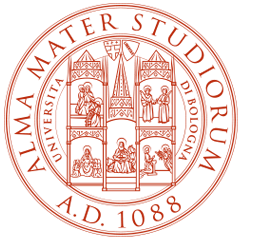
Via Zamboni 33 – 40126 Bologna (BO)
The Department of Agricultural Sciences of Bologna University offers a diverse range of scientific disciplines that conduct their research activities and education in the RM topic. In particular, the scientific section of Agricultural Chemistry is engaged in the study of use and recycling of wastes as a possible remedy to recovery macro and micronutrients for crops. This group offers a range of different dissemination activities to schools through lectures and visits in scientists labs. On the basis of a long pedagogical experience, an experimental activity focused on phosphates as important economic resource for industry and agriculture, and on the environmental benefits of P recycling will be proposed in the RM@Schools 3.0 framework, and it will developed as a new toolkit.
Visit Website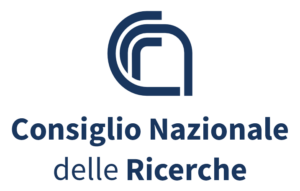
The National Research Council (CNR) is the largest public Research Institution in Italy and develops multidisciplinary research activities in many fields. CNR is distributed all over Italy through a network of institutes. CNR leads several breakthrough research activities on micro/nanotechnologies focused and applied on development of new processes for the substitution of metals and conventional fossil-based materials obtained from non-renewable sources by renewable carbon and bio-based innovative materials. CNR has a long experience in dissemination activities. Since 2003 CNR research scientists have promoted The Research Language (RL), a successful national dissemination project that involves every year about 4000 school students from 11 to 19 years, their teachers, more than 40 researcher scientists and popularization experts. RL aims to turn on young people’s interest in respect of scientific research, as well as scientific communication through their involvement in a popularization work.
Visit Website
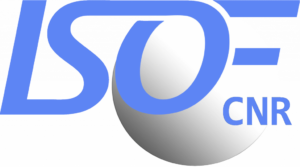
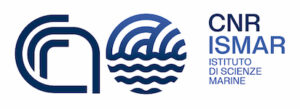

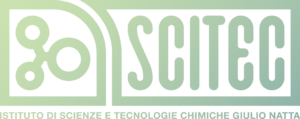
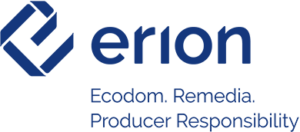

Piazza Leonardo da Vinci 32 – 20133 Milano (MI)
The MAT4En2 group of Politecnico of Milan has been active to contribute to dissemination, carry out activity in communication/dissemination actions. Staff of the group has been already involved in presentation of news of scientific character, as well as lectures or labs activity for divulgating scientific concepts to a large audience. Moreover, direct experience of dissemination (seminars, meetings) with the non-scientific social communities (school, citizens) is already part of “know-how” of the group and constitute an important value in communication of science, in particular on environmental problems, at a non-academic level. Finally, the group has relationships with Companies involved in previous applied research project to favor a direct scientific and technological transfer of knowledge.
Visit Website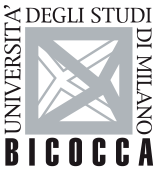
Via Bicocca degli Arcimboldi 8 – 20100 Milano (MI)
UNIMIB has competences in Material Science field and in working with high school’s students. In fact, UNIMIB, since 2005 has been the coordinator of a National project, called “Lauree scientifiche on Material Science”, financed by the Italian Ministry of Education, University and Research. This project aims to raise interest and competence in Material Science in students of secondary schools ,mainly through laboratory activities, as well as in their teachers. The on-going project (2015-2018), coordinated by Simona Binetti, involves nine Universities in different regions of Italy. In 10 years it has been addressed to more than 8.000 students and 300 schools. In Milan’s area about 300 students a years are involved in education activities related to material science mainly carried out in laboratories of the Department of Material Science of UNIMIB.
Visit Website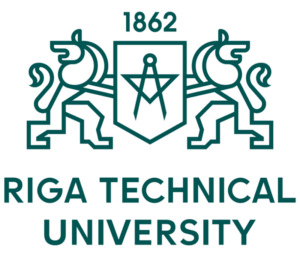
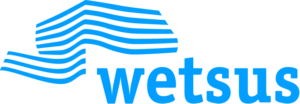
Oostergoweg 9 – 8911 Leeuwarden
Wetsus, European Centre of Excellence for Sustainable water technology is performing research aiming for pre-competitive development of entirely new concepts and breakthrough technologies in the field of water treatment. A unique environment is created at Wetsus, where 90 companies worldwide and 20 EU knowledge institutes can participate to create innovative solutions to water-related problems. The institute carries out multidisciplinary research performed by 65 PhD students and postdoctoral researchers, mostly located in the Wetsus laboratories in Leeuwarden. Besides the research program, Wetsus also intends to increase employment opportunities in the technical sector for the future knowledge worker.
Visit Website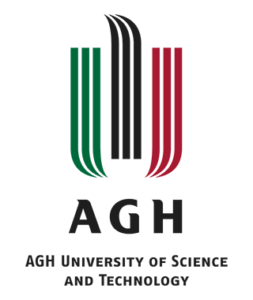

Campus FCT Nova – 2829-516 Caparica
Functional Materials, Substitution of Critical RM, Recycling and salivation of RM The Faculty of Sciences and Technology of the Universidade Nova de Lisboa is a public university with ca. 8,000 students and 500 professors and researchers. It is involved in 15 Doctoral Programmes funded by the National Science Foundation and has 11 research centers. It has a great experience in communicating science and forming teachers of young students from 8 to 17 years old (e.g. “Program with Schools”). Some of these actions are also open to society in general or can be especially developed for the scientific community.
Visit Website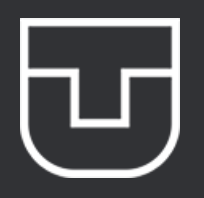
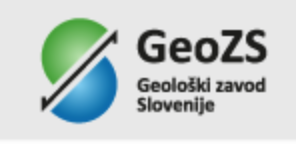
Dimičeva ulica 14 – 1000 Ljubljana
Geological Survey of Slovenia (GeoZS) is a multidisciplinary public research institute in the field of geosciences that performs basic research and application-related tasks on the national and international market, as well as public services in support of the Slovenian government and the EU. GeoZS provides knowledge about geological conditions in Slovenia, which serves as a basis for addressing national challenges in the areas of environmental and health protection, drinking water and energy supply, protection against natural disasters, spatial planning and management of mineral resources.
Visit Website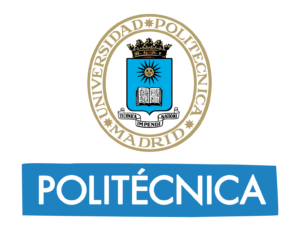
Calle Ramiro de Maeztu 7 – 28040 Madrid
Technical University of Madrid (UPM) has competence in topics such as Recycling, Vaporization and Substitution of Raw Materials and train engineers in the fields of Energy, Geology, Metallurgy, Mining and Environmental Engineering, providing a quality educational offer that meets the challenges of knowledge and responds to the society needs. It has a large experience in organizing outreach activities to recruit students for engineering studies related to mining and petrol activities. UPM owns the Historical Mining Museum Don Felipe de Borbon y Grecia, one of the best Spanish museums for minerals, fossils and history and has a great experience in science dissemination.
Visit Website
Villavägen 18 – 752 36 Uppsala
The Geological Survey of Sweden (SGU) is a central governmental agency under the Ministry of Enterprise and Innovation for matters relating to geology and management of mineral resources. As the agency for geological tasks, SGU actively is working to increase to use of geological information and the understanding of the importance of geology and raw materials for society.
Visit Website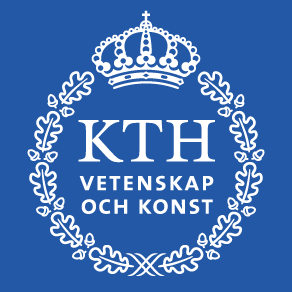
Brinellvägen 8 – 114 28 Stockholm
KTH is responsible for one third of Sweden’s capacity for technical research and is the country’s largest organizer of technical/engineering education at university level. KTH is organized into ten Schools, each covering a major field of engineering science. KTH education and research covers a broad spectrum from natural sciences to all branches of engineering plus architecture, industrial economics, urban planning, work science and environmental technology. In addition to the research carried out by KTH’s Schools, a large number of national Competence Centers are located at KTH. Various research foundations also finance a number of research programs.
Visit Website